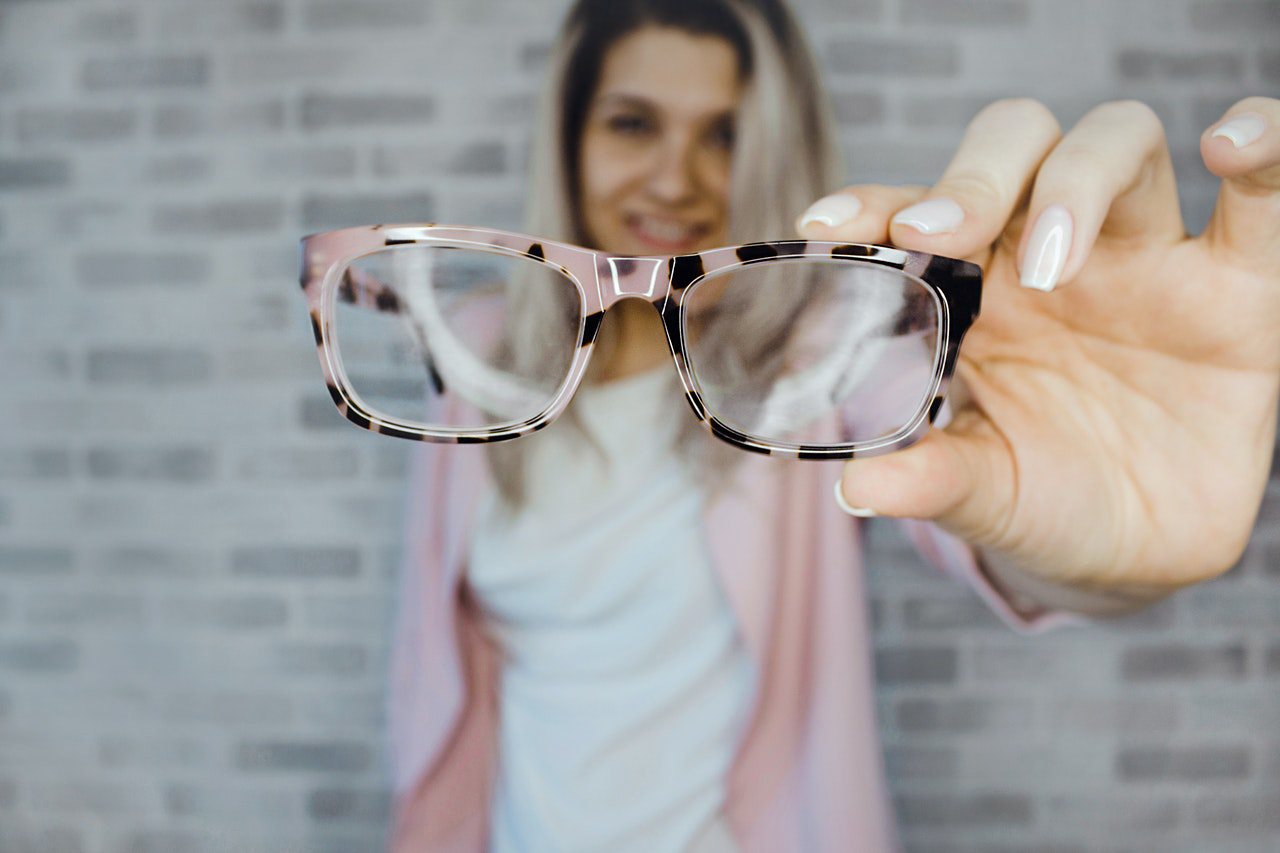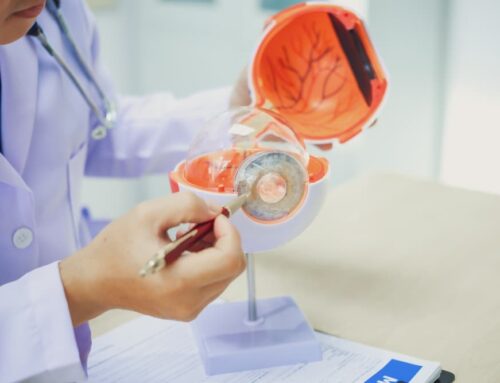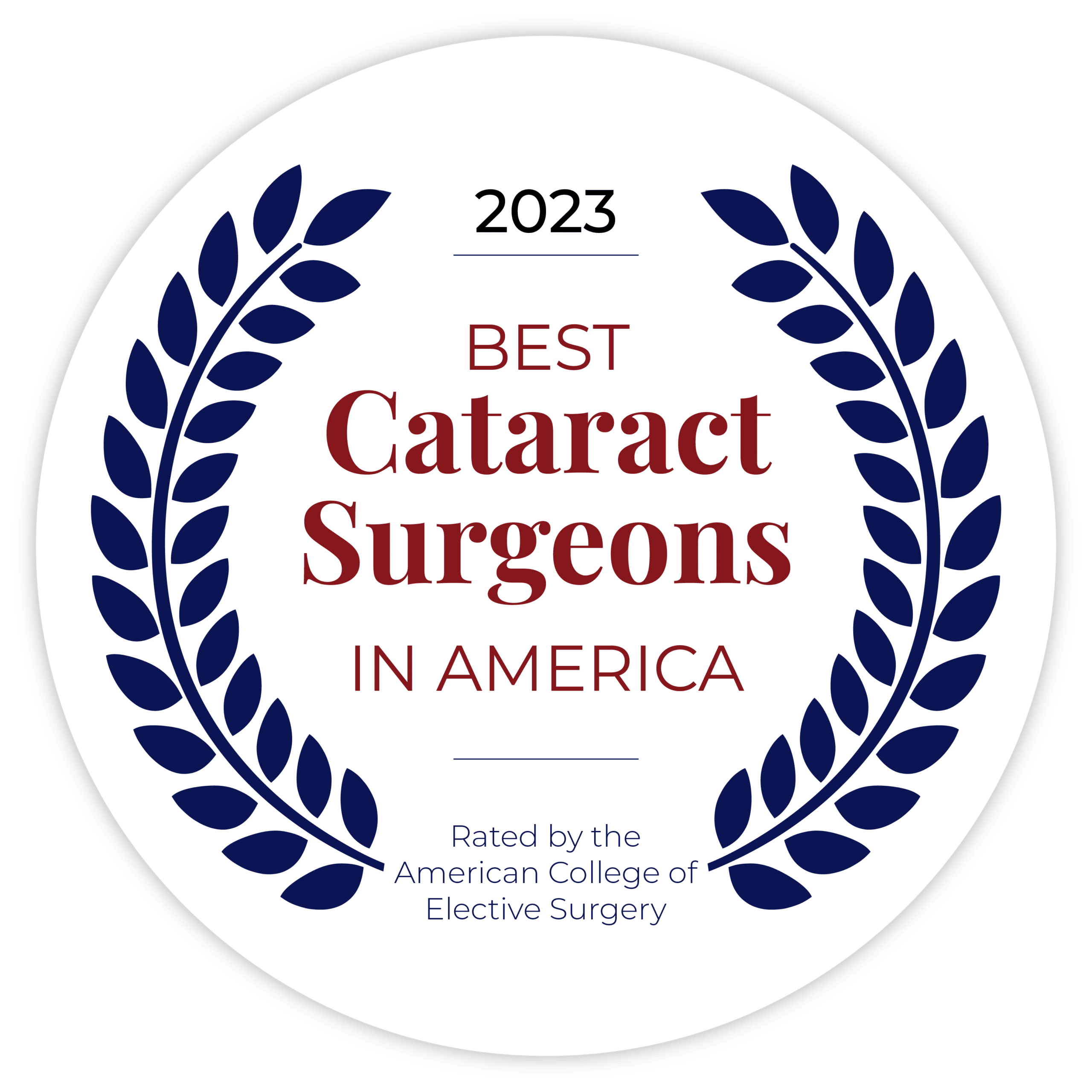Pop quiz! Who is at a greater risk of developing eye disease: men or women?
If you guessed “both”, then you’re not alone – but you’re also not correct.
Despite common belief, women are significantly more likely to develop common eye diseases then men. According to a study conducted by the organization Prevent Blindness America, women make up the majority of older Americans who are visually impaired or blind.
Because of this gender disparity, Prevent Blindness American has dubbed APRIL Women’s Eye Health and Safety Month. Each April, physicians across the country – including those at Eye Care Professionals – do what they can to promote awareness of common eye diseases that affect women.
Which eye diseases disproportionately affect women?
Compared to men, women are more likely to develop age-related macular degeneration, cataracts, glaucoma, and diabetic retinopathy – the four leading eye diseases in the country.
Pregnant women are particularly susceptible to dry eye syndrome, light sensitivity, eye puffiness, and prescription changes.
Women experiencing menopause are at a greater risk of developing dry eye syndrome and uveitis, inflammation within the eye.
What should women do to maintain healthy vision?
The first step is awareness. According to a survey conducted by Prevent Blindness America:
- 86 percent of American women incorrectly believe that men and women are at equal risk of permanent vision loss
- 5 percent believe that men are at a greater risk
- Less than 10 percent realize that women are at the greatest risk
In addition, they found that one in four women hadn’t received an eye exam in the past two years. While many common eye diseases can’t be cured, they can be treated or prevented with early intervention, making regular comprehensive vision examinations essential.
Other ways to reduce your risk of developing a common eye disease include:
- Maintaining good nutrition
- Not smoking
- Wearing UV-blocking sunglasses
- Using contact lenses safely
- Avoiding excessive alcohol consumption
“The first thing every woman should do, especially those ages 40 and older, is get a dilated eye exam,” explained Hugh R. Parry, president and chief executive officer of Prevent Blindness America. “Through early detection and treatment, vision loss can be lessened.”
Do you have any questions about women’s eye health and safety? Contact Eye Care Professionals today to set up a comprehensive, dilated eye examination. We’ll be happy to let you know how you can keep your eyes safe and healthy.











